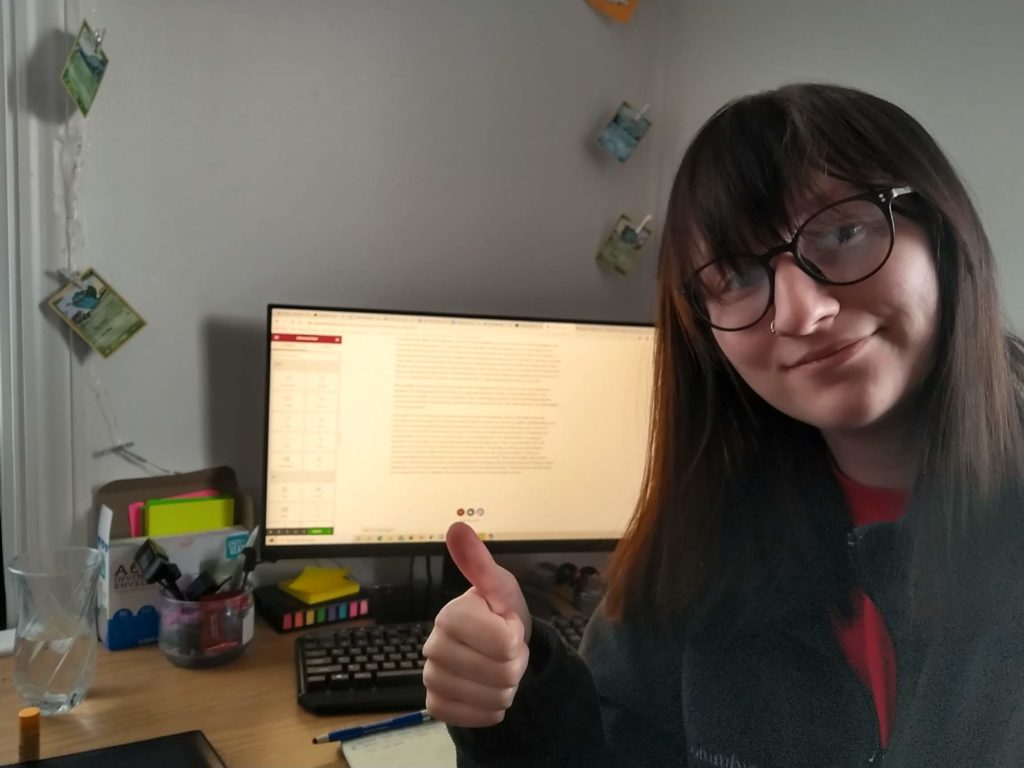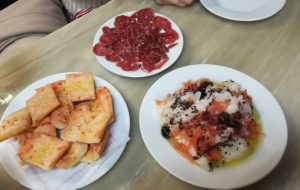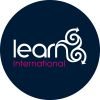An Introduction
My name is Syd O’Wesney and I’m starting my position as a Learn International graduate intern this week! As someone who hopes to find a career in International Education, I am grateful to have found a company like Learn International to gain experience from. Since my position will be occurring virtually, I’m also glad to hone my remote working skills as our world continues to become more virtual.
To give you an idea of what this blog post will entail, the beginning section will be a short about me that focuses on the positive events and achievements that have led me to this point. The second about me will be a little grittier by focusing on how my identities as a low-income and first generation student have impacted the positive stories above it. Finally, I will talk about why my focus for this blog will primarily be on virtual internships and the often overlooked benefits that they could have for people, especially those with identities similar to mine.
What I'm Proud Of
I grew up in a small town in Northeast Ohio in the United States. As someone who desperately wanted to get out and explore the world but didn’t have the financial ability to go very far, I picked the farthest public school in Ohio that I could find: Miami University. One of the biggest reasons I had chosen Miami was because of their extensive study abroad programming that they offered, which gave me the opportunity to study abroad twice! I did a shorter January term studying Spanish in Costa Rica my freshman year because I simply couldn’t wait any longer. The spring semester of my sophomore year I spent studying in Pune, India. Both experiences were vastly different and shaped much of my worldview throughout my three and a half years in college.
Among the many jobs that I worked throughout my undergrad, one was as a Study Abroad Ambassador. As someone who was happy with my double major in Geography and Anthropology, but found myself lost as to what to do with them, my position at the Global Initiatives Office was a game changer for me. I had found a position that rarely felt like I was working, yet I just happened to be paid for it. The more I learned about International Education and Higher Education in general, I realized that this was the epiphany I had been looking for. I applied to Higher Education and Student Affairs masters programs. I was proud to be accepted into the College Student Personnel program at Ohio University, where I work on much of the program’s happenings as the HESA program graduate assistant. My time in my masters so far has been one of growth and learning, despite challenges brought about in a Covid-consumed world. I am happy to be where I am, but I recognize that my story is not always the norm for those in situations similar to mine.
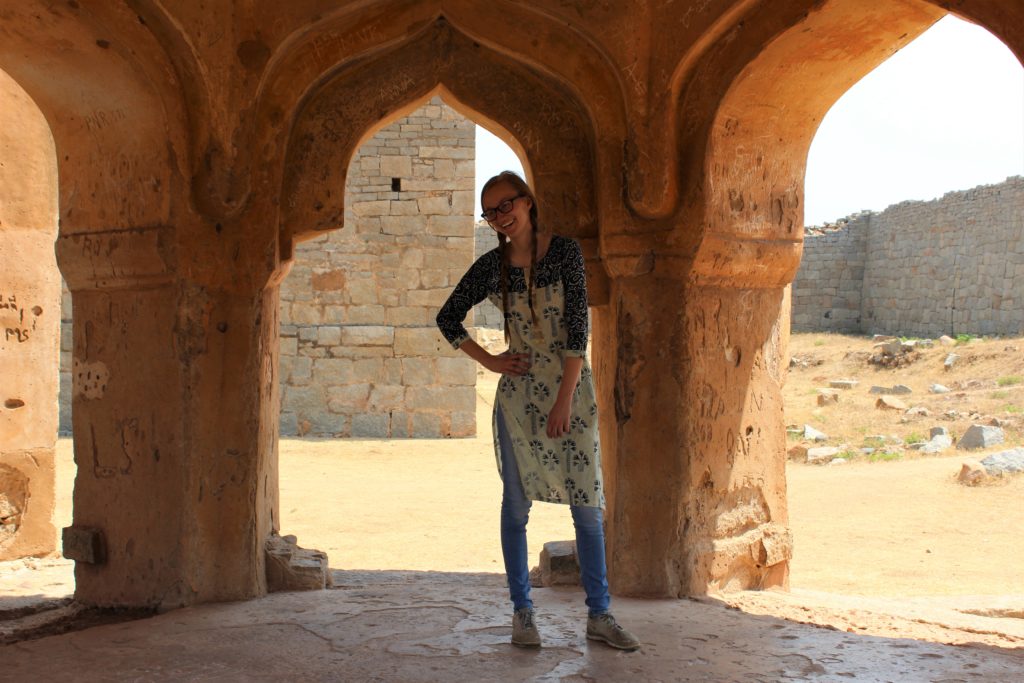
What Lies Beneath
The paragraphs above made much of my experiences sound easy and even fun most of the time, but there is far more complexity than what I often present to people. Neither of my parents graduated from a four-year program, providing the catalyst for my experiences in college as a first generation student. While we didn’t start off that way, events in my teens led to us becoming a low-income family, a title that I would carry into adulthood as I navigated the university experience alone. Financially, it was a constant struggle. I worked two jobs for almost the entirety of my three and a half years, often racking up full time hours while being a full time student. Graduating a semester early was another product of my financial struggles, as it was cheaper to work hard and graduate early than to take another semester for learning and growth.
It may seem contradictory that I even studied abroad with the situation I was in. I would categorize it not as contradictory, but as an outlier who happened to get very lucky. Not to mention the hours of research, planning, and saving behind my ability to even access what is often considered to be a very expensive college experience.
I was grateful that my scholarships covered almost all of my tuition at the time, and Miami had a wonderful system in place where you could take your scholarships with you abroad. Without it, access to study abroad would have been nearly impossible. Next was room and board, which was the bulk of what I was paying to go to school. The two-year housing requirement at many residential campuses can create a great financial burden for low-income students, with room and board costing thousands more than what living off campus would entail. Planning ahead to where I could go a semester during my sophomore year allowed me to avoid the high room and board cost at Miami University. Finally was the locations and programs I chose. I chose third party organizations for both programs because many are substantially cheaper than university programs. Avoiding expensive locations in Europe and Oceania was also a must. With my semester in India specifically, the entire cost of the program ended up being cheaper than what I would’ve paid had I taken that semester at Miami. I saved a few thousand dollars in student loans by going abroad.
While that was a great story to tell during my time as an ambassador afterward, I knew deep down that I was in no way the norm. I had gotten lucky with all of the circumstances that had led up to that point, and my story did not represent the masses of low-income and first generation students who didn’t have the energy to lose sleep planning for their sophomore year of college while still being in high school. When it comes to the accessibility of study abroad, I am a rare success story amongst a field that is still largely exclusive to middle class and wealthy students. It is the main driver for why I want to enter the field in the first place. I want International Education to be accessible for all.
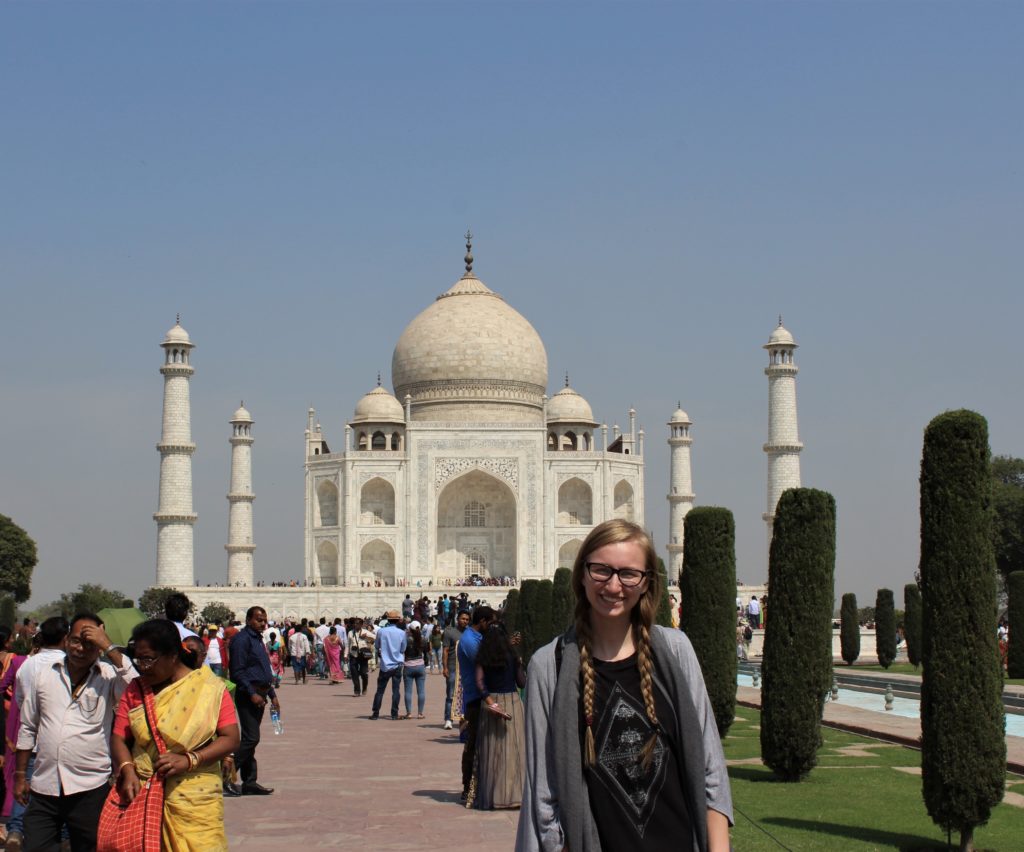
Virtual Exposure in a Virtualizing World
Now that you know about my story, it will be easier to understand how I’ve gotten here to work for a company like Learn International. Covid-19 has changed much of the way our world operates, and International Education is no exception. The pandemic had changed much of my plans for my graduate school experiences, but Learn International became a silver lining to that. The switch to virtual events and programming allowed me to attend the Lessons From Abroad conference, where I was able to be introduced to the company in the first place. Being a smaller company with many flexible and unique experiences was something I had found to be rare in the field. While many third party study abroad organizations had switched to virtual internships and programs, this was one of the only opportunities I found to work specifically in International Education as an intern.
Most global internships up until this point were completely out of reach for me. The significant expense of interning abroad and without pay was something that I could never justify in my situation, no matter how much I wanted to. The virtual opportunity to intern with places abroad rarely existed before Covid, yet the options were everywhere now. They were also far more affordable than going abroad.
Although virtual internships and other programs are still relatively new in the field, Covid has provided a weird catalyst for International Education to become more accessible. Affordability is one thing, but there are also the looming possibilities for what the world will be like post-Covid. The switch to remote work has proven to many that there are significant positives to virtualizing our employment, many of which I will discuss in future blog posts. The opportunity to engage in experiences remotely is not only more accessible for people, but it also provides skills that will become more and more in demand in the coming years. Language, customs, and workplace etiquette all translate differently into the virtual space than they would in person. Tasks are completed differently online than they would be in the real world. These are all skills that will be needed in the future as the post-Covid world begins to develop. All of these issues are things I will be talking about in this blog as a way to advocate for virtual opportunities. I hope that you all will enjoy the journey with me as I develop my own virtual skills in an intercultural context.
